Market Analysis
In-depth Analysis of Skin Graft Market Industry Landscape
The Skin Graft market is experiencing increased demand due to the growing incidence of skin disorders, burns, and injuries. As the prevalence of conditions like chronic wounds, trauma, and skin cancers rises, the need for effective skin grafting procedures becomes crucial for promoting wound healing and restoring skin function.Market dynamics reveal continuous efforts on surgical techniques pertaining to skin grafting. Technological advancements such as autologous, allografts, xenografts and synthetic grafts are redefining the Skin Graft market, providing healthcare personnel with a range of product options to suit patients’ needs. The growing cases of chronic wounds including diabetic ulcers and venous ulcers significantly add to the need for skin grafts. The aforementioned market dynamics represent skin grafting as an absolute need in wound management, making it an essential intervention, which alleviates complications and enhances patient’s quality of life. The technology innovation as graft materials are continuously affecting the Skin Graft market. The advancement of bioengineered skin substitutes, smart grafts with embedded sensors, as well as 3D printed skin grafts are moving the sphere further to provide better custom-tailored solutions to patients with challenging skin defects. Approval of and regulations and compliance rules for skin graft products are strict. The market dynamics focus on the compliance with regulatory guidelines; adhering to the regulatory requirement ensures the safety and performance of graft materials and procedures as per the standards set by the health authorities. In skin transplantation, minimally invasive techniques are getting momentum in the marketscape. Peoples as well as medical professionals, it has been noted prefer procedures that minimize scarring, reduce recovery periods, and offer more humble interventions for a variety of skin graft becomes applications. Xenografts derive their source from non-human skin, homografts proceed from another human while autologous grafts are of skin tissue from an individual. With such a market dynamics one can appreciate the advantages of autologous grafts such as rejection risk reduction, tissue host integration improvement, and long-term outcomes improving in patients undergoing skin grafting. In the Skin Graft market, there are indicating signs of consolidation through mergers and acquisitions. By taking over the more specific manufacturers the bigger companies can enhance their product ranges and capabilities which increase overall market competitiveness and innovation. Market dynamics underscore the shift towards patient-centric approaches and personalized medicine in skin grafting. Tailoring graft solutions to individual patient needs, considering factors like skin type, medical history, and specific conditions, is becoming integral to optimizing outcomes and patient satisfaction in the Skin Graft market.


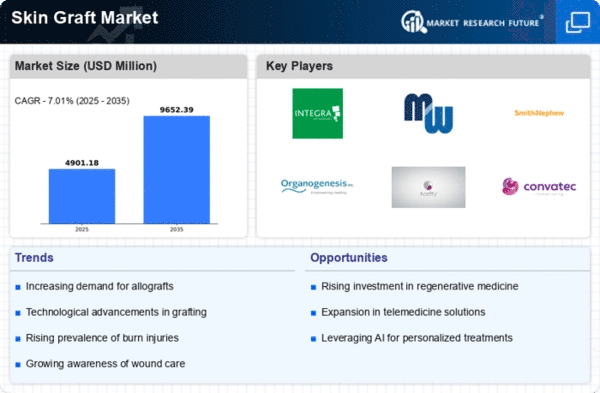
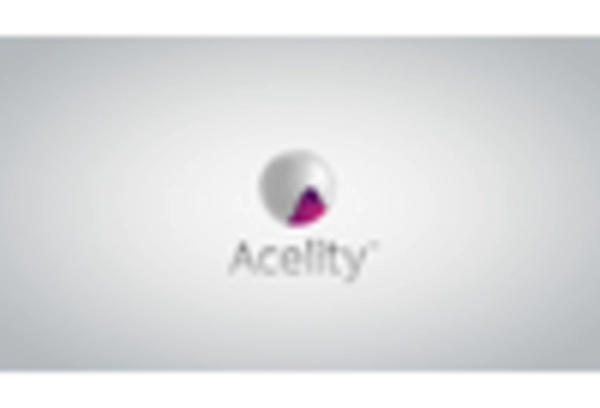
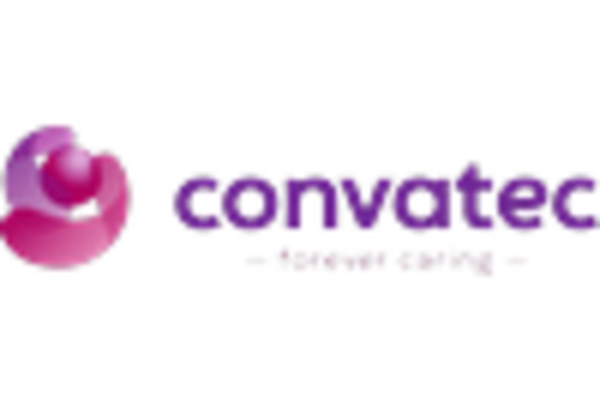
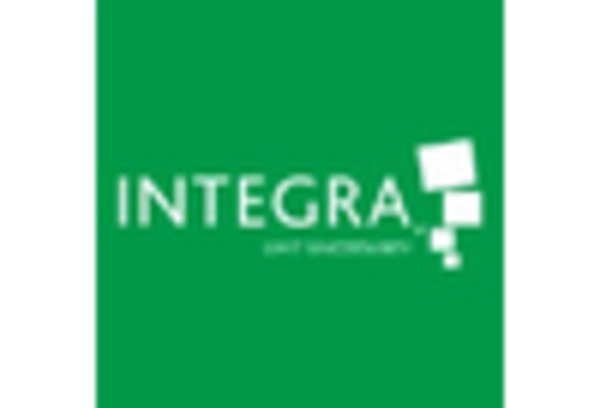
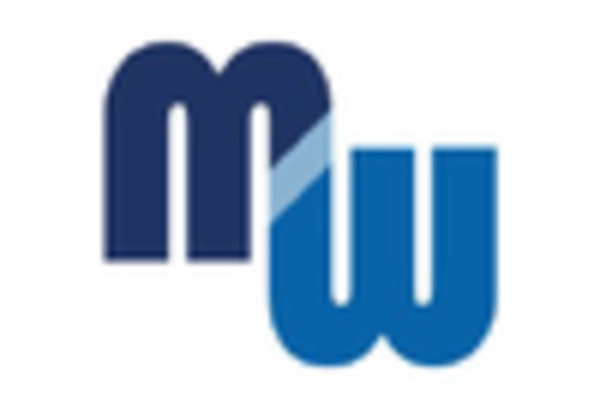
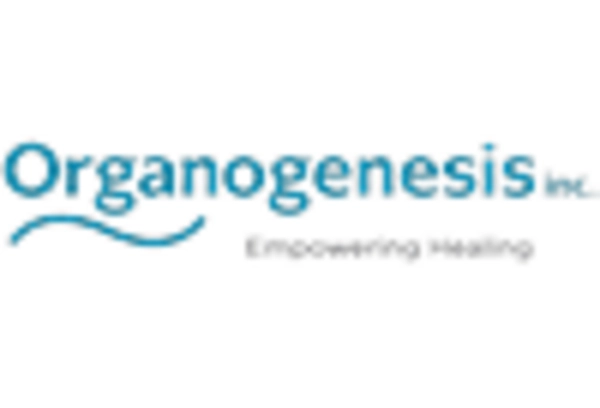
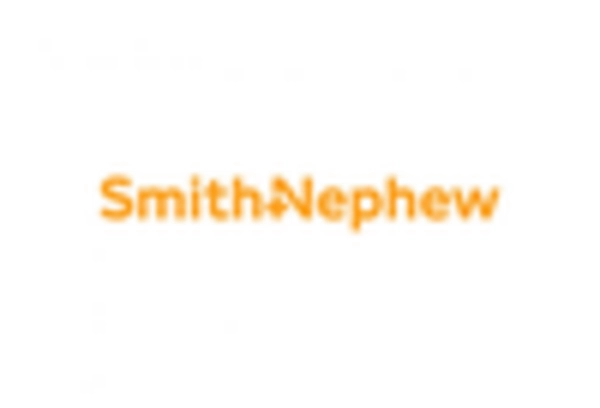









Leave a Comment